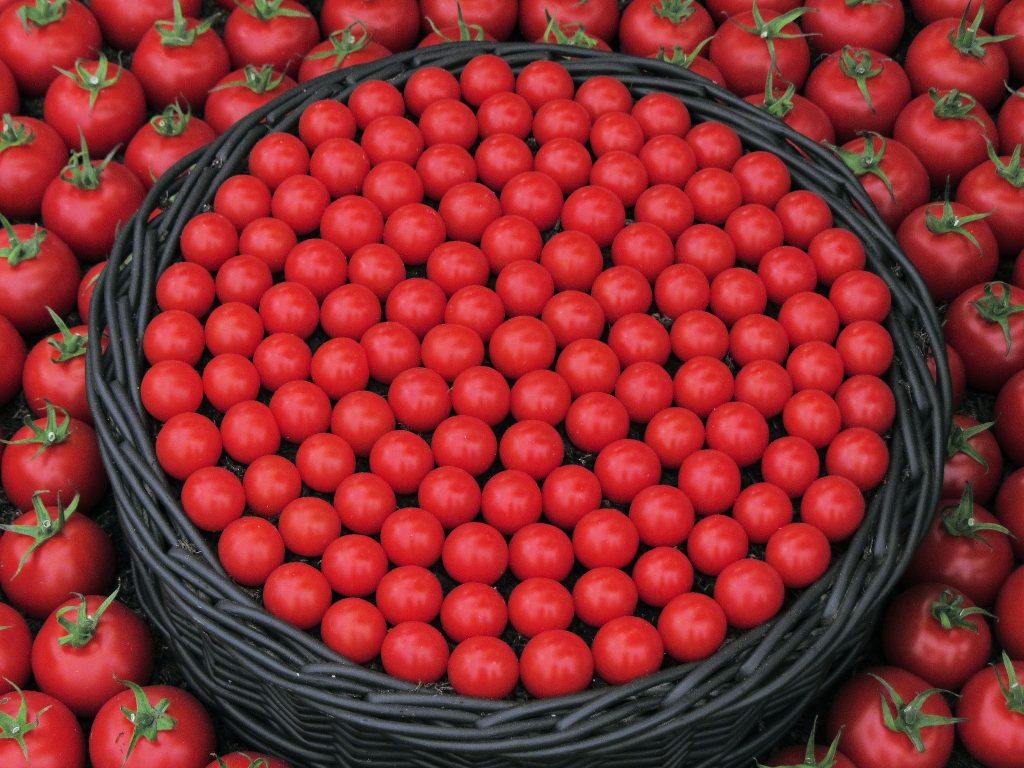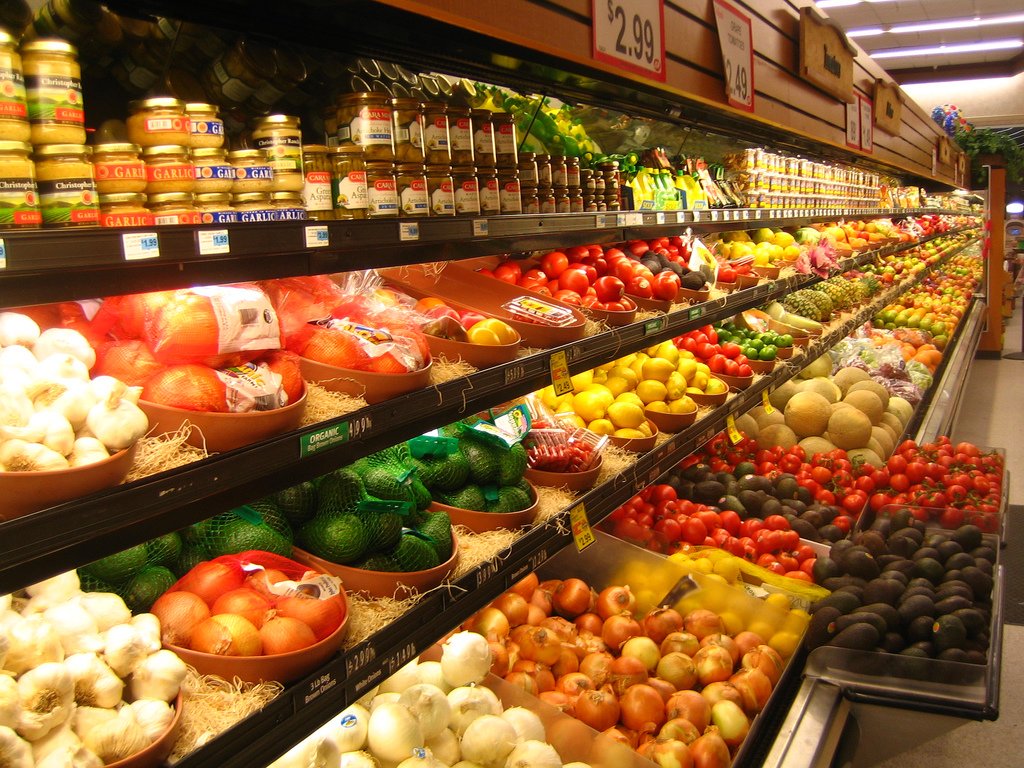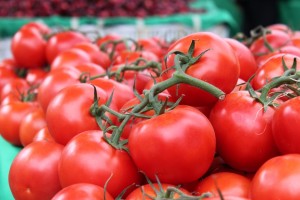Researchers at Israel’s Weizmann Institute of Science have discovered a way to alter specific traits of fruits and vegetables to make them look and taste better.
By cutting DNA in a specific way, the researchers are able to edit specific traits without modifying the entire plant. This represents a higher level of precision than is currently possible, and could be a game changer for plant breeders.
The discovery has significant potential for breeders of fruit and vegetables. While scientists know a lot about the DNA of major crops such as tomato, wheat, and banana, their attempts to alter the DNA of these plants has previously been random and unpredictable.
This new mechanism allows scientists to change specific traits without affecting thousands of other traits within the plant.
Harnessing the natural repair mechanism
DNA is contained within chromosomes, which come in identical pairs inside nucleus (the center of the cell). When a DNA strand in a chromosome breaks, one of the ways that the body fixes it is by copying an undamaged section from the second chromosome. The traits in the undamaged, copied section then become the traits that are passed down every time the plant reproduces. This process is known as homologous recombination.
SEE ALSO: Quest For The Perfect Veggie: Israelis Create Enhanced Strains Of Fruit And Veg
The Weizmann scientists discovered that this process happens much more frequently than was previously believed, and that it can be manipulated to change traits. The scientists just need to choose the trait that they want copied, cut the DNA in the right way, and they can then let the natural repair process do the rest.
Sign up for our free weekly newsletter
SubscribeIn an experiment, they were able to make tomato plants yellow by precisely cutting the DNA of the plant. Because they focused on color, they were able to visually trace DNA repair; this helped them to discover that homologous recombination (the copying of traits that they were able to manipulate) occurred in 14% of repair cases.
SEE ALSO: High Tech Helps Grow Fruit And Veg In Israeli Desert
“Now that we’ve shown that intentionally induced homologous recombination occurs with such a high frequency, plant breeders can start taking advantage of this mechanism,” said Professor Avraham Levy, who conducted the study.
Potential for plant breeders
“This method makes it possible not just to edit, but to rewrite a plant’s genome so as to mix and match, on demand, various properties from its two parents, including taste, size, yield and resistance to disease,” said Levy.
Whether it’s yellow tomatoes, sweeter strawberries, or bigger apples, we might begin to see a new generation of fruits and vegetables enter our lives.
The research was conducted by Professor Avraham Levy of Weizmann’s Plant and Environmental Sciences Department, along with Ph.D. student Shdema Filler Hayut and senior staff scientist Dr. Cathy Melamed Bessudo. It was published by the Weizmann Institute of Science on July 4, 2017.
Related posts

Israeli Medical Technologies That Could Change The World

Harnessing Our Own Bodies For Side Effect-Free Weight Loss

Missing Protein Could Unlock Treatment For Aggressive Lung Cancer






Facebook comments